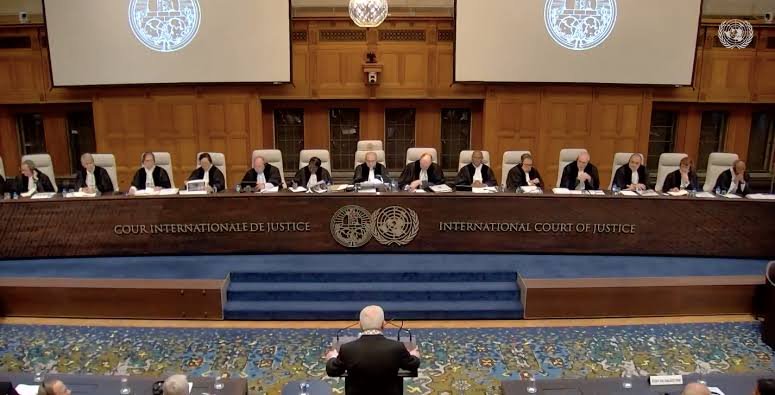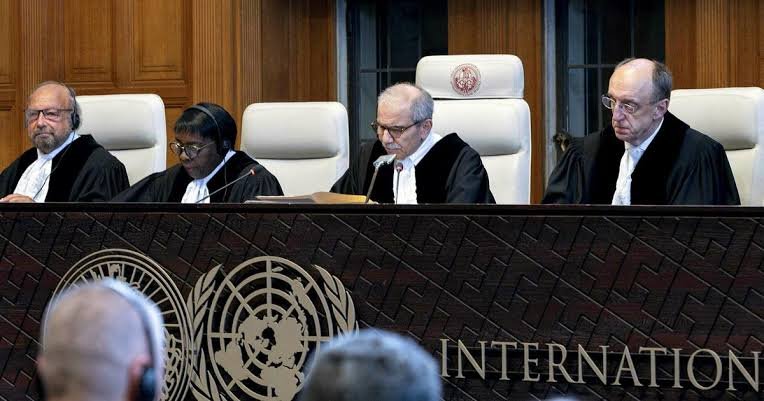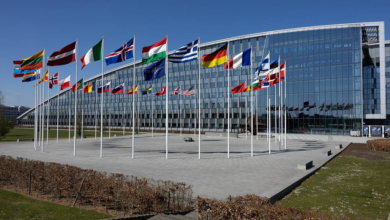ICJ Declares Israel’s Occupation of Palestinian Territories Illegal

The Hague, Netherlands – In a landmark advisory opinion issued on Friday, the International Court of Justice (ICJ) has declared Israel’s decades-long occupation of Palestinian territories as illegal, characterising it as “de-facto annexation.”
This decision comes in response to a request made by the United Nations General Assembly in December 2022, which sought the court’s legal assessment of Israel’s policies and practices towards Palestinians and the 57-year occupation of Palestinian lands.

ICJ President Nawaf Salam stated that Israel’s actions, including the establishment of settlements, construction of associated infrastructure, and exploitation of natural resources, are designed to remain in place indefinitely, thus amounting to de-facto annexation. President Salam emphasized that the transfer of Israeli settlers into occupied territories violates the Geneva Convention and that Israel’s exploitation of natural resources undermines Palestinians’ sovereignty over their own natural resources.
While the ICJ’s advisory opinions are not legally binding, they hold substantial legal and moral authority, potentially increasing international pressure on Israel regarding its policies in Gaza. The ruling could also have significant implications for the ongoing conflict.
In February, the court received submissions from 52 countries and three international organizations, making it one of the most widely discussed cases in the ICJ’s history since its establishment in 1945. The majority of these submissions argued that the occupation is illegal and urged the court to declare it as such.
Since the 1967 war, Israel has occupied territories internationally recognized as Palestinian land, including East Jerusalem, the West Bank, and Gaza. The dual legal systems, expansion of settlements, and acts of violence against Palestinian residents are among the critical issues addressed in the court’s hearings.
This advisory opinion marks the ICJ’s second significant ruling on the Israeli-Palestinian conflict. In 2004, the court deemed Israel’s construction of a wall in occupied Palestine as illegal and demanded its dismantlement. Often referred to by Palestinians and rights groups as the “apartheid wall,” its construction was condemned for its impact on Palestinian communities and their freedom of movement.
As the international community digests this latest ruling, its potential to influence global opinion and policy towards Israel’s occupation of Palestinian territories remains to be seen. The decision underscores the continuing complexities and urgent need for resolution in one of the world’s most enduring conflicts.
For further updates and expert analyses on the situation, follow our continuing coverage on The Times of Russia.












